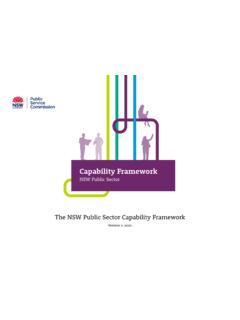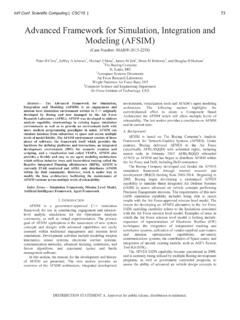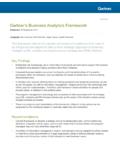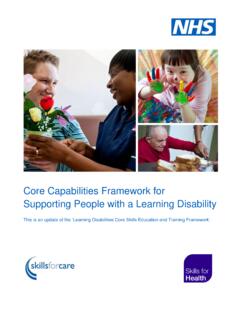Transcription of Paramedic Specialist in Primary and Urgent Care Core ...
1 Paramedic Specialist in Primary and Urgent Care core Capabilities framework 1 Contents Foreword .. 2 Statements of support .. 3 Introduction and background .. 4 Scope of the framework .. 5 Structure of the framework .. 6 Who is this framework for? .. 9 Underpinning knowledge .. 12 Domain A. Person-centred collaborative working .. 13 Capability 1. Communication .. 14 Capability 2. Person-Centred care .. 15 Capability 3. Working with families and carers .. 16 Capability 4. Referrals and integrated working .. 17 Capability 5. Law, ethics and safeguarding .. 18 Domain B. Investigation, assessment, advice and clinical impression or diagnosis.
2 19 Capability 6. History-taking and consultation skills .. 20 Capability 7. Physical and mental health assessment .. 21 Capability 8. Investigations and diagnosis .. 22 Domain C. Condition management, treatment and prevention .. 23 Capability 9. Treatment and care planning .. 24 Capability 10. Pharmacotherapy .. 25 Capability 11. Health promotion and lifestyle interventions .. 26 Domain D. Leadership and management, education and research .. 27 Capability 13. Education .. 29 Capability 14. Research .. 30 Acknowledgements .. 31 Appendix 1. Competences and capabilities .. 32 Appendix 2. core clinical skills .. 33 Appendix 3. core indicative patient presentations.
3 39 Appendix 4. How the framework was developed .. 41 Appendix 5. Bibliography .. 42 2 Foreword Suzanne Rastrick Chief Allied Health Professions Officer (England), NHS England During visits across England as Chief Allied Health Professions Officer, I have seen at first-hand the potential Paramedics have to use their knowledge and skills to lead transformational change for the benefit of citizens and their health and wellbeing in a wide variety of settings. Paramedics have unique capabilities which allow patients to receive the right care, at the right time - whether in a hospital, a Primary care setting or in their own home. I am therefore delighted to support the launch of this framework .
4 This will ensure the ongoing development of Paramedic practice, and the transformation of services for the benefit of patients and the public. Using this framework , paramedics will be supported to continue to develop competencies and capabilities across a wide range of areas, including core clinical skills, communication, person centred care, public health and leadership. Professor Simon Gregory Director of Education and Quality (Health Education England working across Midlands and East) General practice is becoming increasingly complex with ever increasing work intensity and workload; with more patients, living longer, with multi-morbidity and more that can be done as medical science continues to advance.
5 Against this backdrop general practice has a strong track record of innovation and development. Over past decades we have developed group practices, introduced practice nurses, adopted computerised records and systems like no other part of the NHS and much more, and we continue to innovate. General practice remains patient, family and community centred, with the trusted family physician at the core - but to provide the required service in a manner that is safe for patients and sustainable and enjoyable for those working in Primary care a multidisciplinary team is vital. The advent of the Paramedic Specialist in Primary and Urgent care is a most welcome innovation.
6 My practice already employs a fabulous Paramedic and we and our patients are seeing the benefits and similarly the practice with which I am registered has one. Paramedics have so many complementary skills and in Primary care there are many areas where paramedics can complement the rest of the Primary care team, not least acute care, but also, domiciliary visiting and follow up to the same that may well enable patients to stay in their own home rather than be admitted to hospital. In addition, this framework offers an opportunity for paramedics to develop their skills and develop more sustainable careers. My gratitude to all that have led on and developed this framework .
7 3 Statements of support The College of Paramedics is pleased to have contributed to the development of this core capabilities framework . The College set out in 2008 a career framework for paramedics, ambitiously aiming to develop paramedics in a range of fields at different levels. This framework , developed through collaboration, further guides the development of Specialist paramedics in Primary and Urgent care. It lays out clearly the capability requirements and domains of practice at this level ensuring that paramedics can work in collaboration with other professionals to deliver excellent patient-centred care. With an increasing and ageing population, more long-term conditions and increased community care this benchmark of capabilities will provide for Specialist paramedics able to meet patient need into the future.
8 Dr John Martin PhD Chair, College of Paramedics The Royal College of General Practitioners (RCGP) welcomes this timely, comprehensive and useful framework . Primary care is rapidly evolving with ever changing demands and it is therefore essential that the workforce reflects the diversity and complexity of the patients and conditions encountered. The role of the Paramedic in Primary care is increasingly important and prevalent and it is therefore helpful that this comprehensive framework sets out core capabilities. This will help to give confidence to the patients being treated by, and the GPs working alongside, these much valued and highly trained allied healthcare professionals.
9 Professor Kamila Hawthorne Former Vice Chair (Professional Development), Royal College of General Practitioners The utility of paramedics in the Defence Medical Services has been growing in the last 15 years and advances in the scope of practice would be welcomed. Many military paramedics work within Primary Care and to have their skills recognised would be a great step forward in shaping professional values and behaviours within the military. The four domains and 14 capabilities would be pivotal in transforming what is mainly a trauma based military Paramedic into a more rounded clinician. The capabilities in this framework provide a description of the scope of practice of a military Paramedic specialising in Primary and Urgent care who must be adaptable and not constrained by protocols or prescriptions for practice, with the ability to use their autonomy and also grow confidence especially when working in austere environments.
10 Squadron Leader Andy Smith Defence Specialist Advisor Paramedics, Royal Centre for Defence Medicine The role of the Paramedic has developed over recent years to meet the shifting needs of healthcare towards community provision, aimed at supporting patients to be treated and managed within their own home. Changing demands have required the Paramedic workforce to be flexible, to develop the skills and competencies required to treat and manage increasingly complex patients, while continuing to provide excellent and safe patient care. However, the development of these roles has not occurred consistently, with a variety of different programmes, job titles and scopes of practice for paramedics working in these areas.
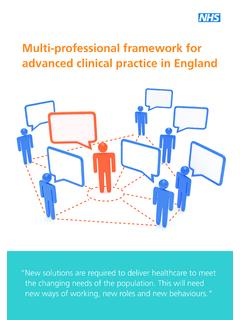




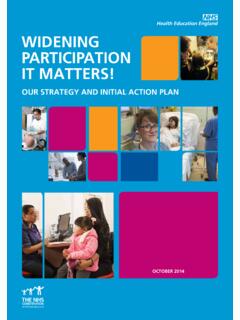

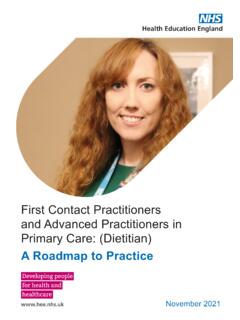
![Midlands [1 of 2] - hee.nhs.uk](/cache/preview/6/c/1/4/2/e/2/7/thumb-6c142e2790d053a442bd8a3e81c79697.jpg)

